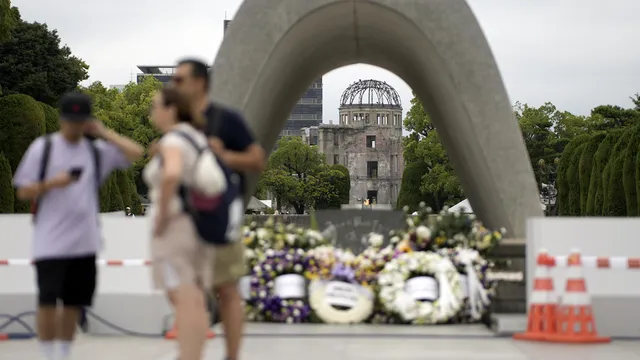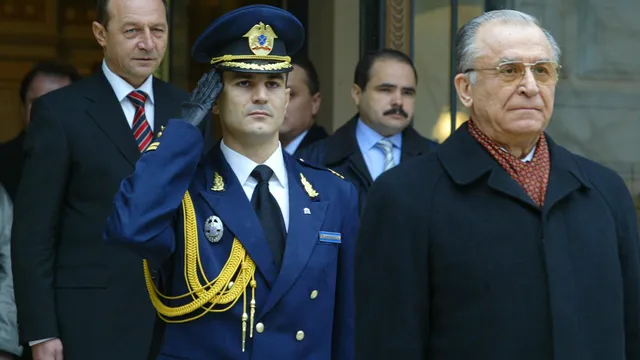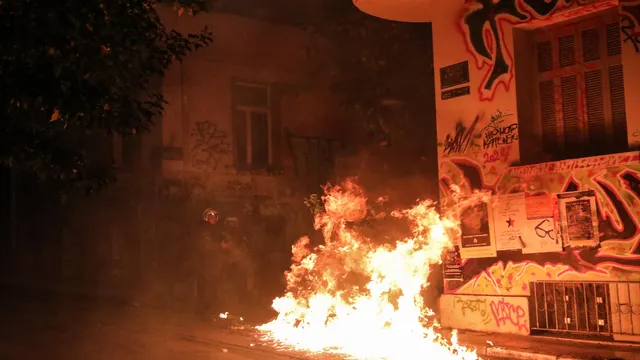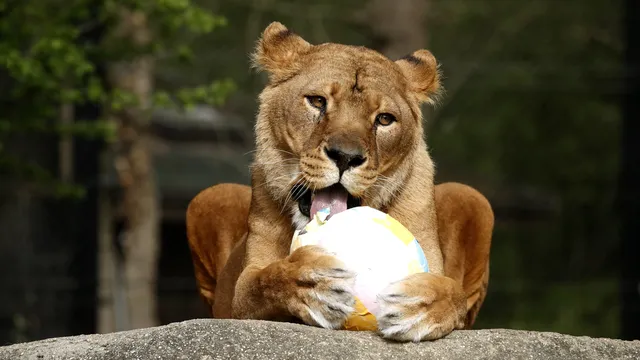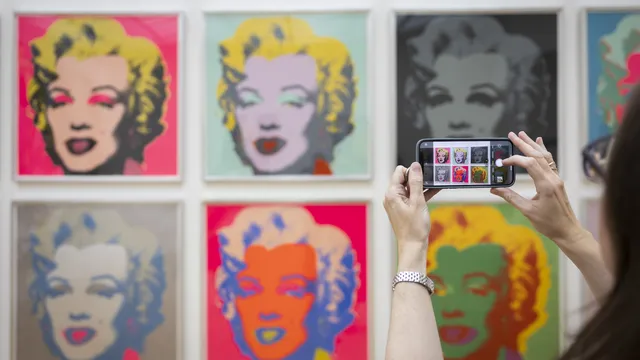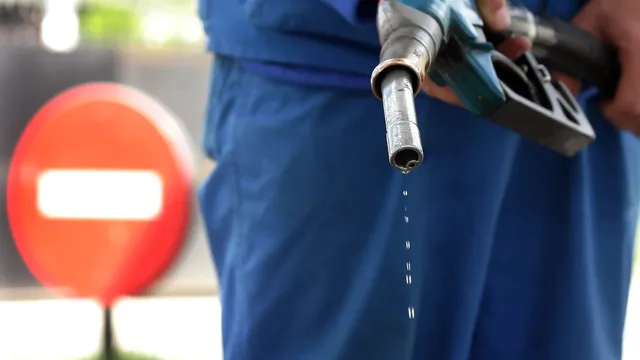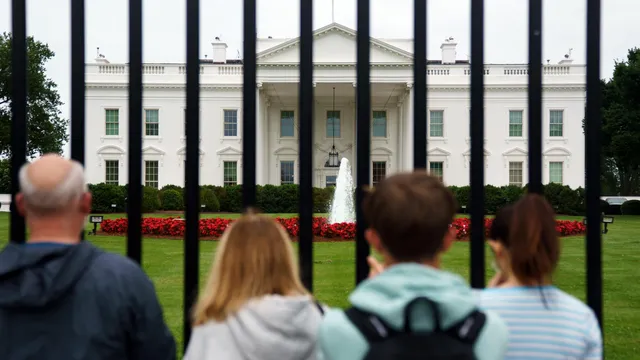Japan marked the 80th anniversary of the atomic bombing of Hiroshima with a silent prayer and ceremony, reminding the world of the horrors it caused. At the same time, military threats between the US and Russia keep the nuclear "Doomsday Clock" close to midnight.
The prayer took place at 8:15 a.m. (2:15 a.m. Bulgarian time), exactly when the American plane Enola Gay dropped the Little Boy bomb on the western Japanese city on August 6, 1945.
On the hot morning, hundreds of officials, students, and survivors dressed in black laid flowers at the memorial cenotaph, with the ruins of a domed building in the background, a painful reminder of the horrors that unfolded.
In his speech, Hiroshima Mayor Kazumi Matsui warned of an "accelerating trend toward military buildup around the world" against the backdrop of Russia's invasion of Ukraine and chaos in the Middle East.
"These events blatantly disregard the lessons that the international community should have learned from the tragedies of history. They threaten to tear down the peacekeeping structures that so many people have worked so hard to build," he said.
The total number of victims of the attack on Hiroshima reached about 140,000 people, killed not only by the colossal explosion and the fire cloud, but also later by radiation, AFP reported.
Three days after "Little Boy," on August 9, another atomic bomb killed 74,000 people in Nagasaki. Imperial Japan surrendered on August 15, ending World War II.
Today, Hiroshima is a thriving metropolis with 1.2 million inhabitants, but the attacks continue to live on in the memories of many.
On the eve of the ceremony, people began lining up to pay their respects to the victims at the memorial.
Before dawn, families who lost loved ones in the attack also came to pray.
Yoko Yoko, 96, who came in a wheelchair with her grandson, said her parents and grandparents were victims of the bomb.
"My grandfather died shortly after the bombing, and my father and mother died of cancer. My father-in-law and mother-in-law also died, so my husband was unable to see them again when he returned from the battlefields after the war. People are still suffering," she said.
The ceremony is expected to include representatives from a record 120 countries and regions, including, for the first time, representatives from Taiwan and Palestine.
Nihon Hidankyo, the civic group that won the Nobel Peace Prize last year, represents the dwindling number of survivors known as "hibakusha."
As of March, there were 99,130 hibakusha with an average age of 86, according to Japan's Ministry of Health.
"I want foreign ambassadors to visit the peace museum and understand what happened," said Toshiyuki Mimaki, co-chair of the group, before the ceremony.
Pope Leo XIV said that "in our time of growing global tensions and conflicts," Hiroshima and Nagasaki remain "living reminders of the profound horrors caused by nuclear weapons." | BGNES

 Breaking news
Breaking news
 Europe
Europe
 Bulgaria
Bulgaria
